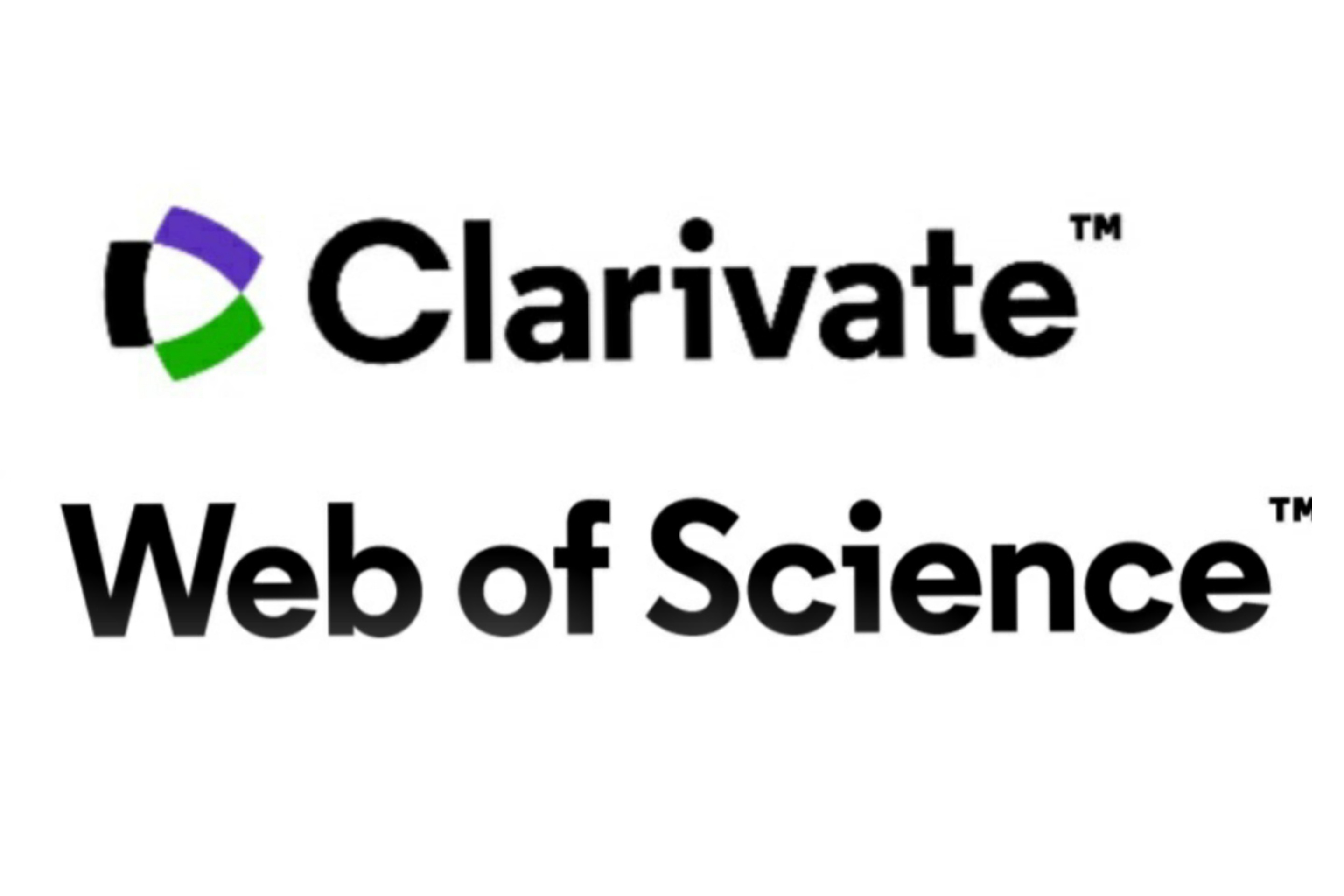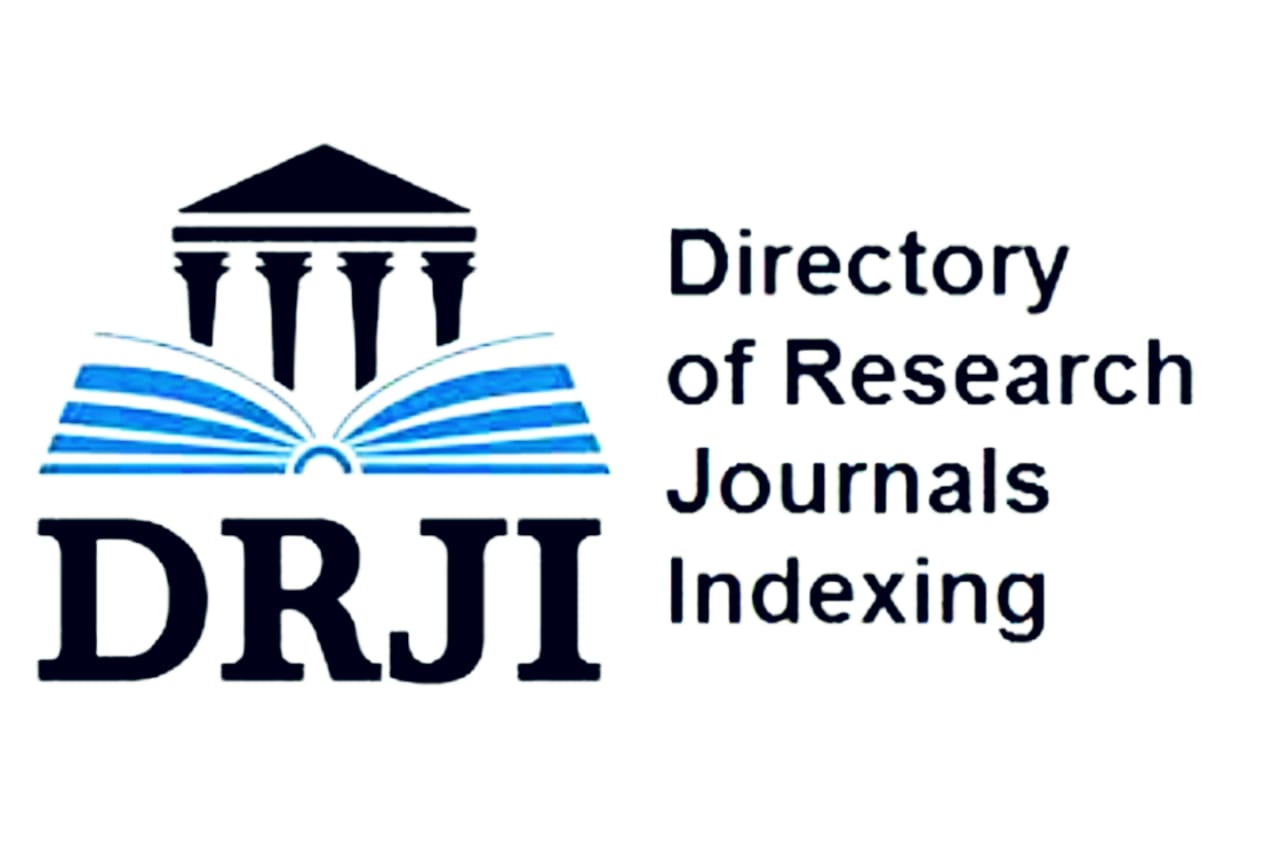Protective effects of some medicinal plants against myocardial hypoxia
DOI:
https://doi.org/10.26577/ijbch-2019-1-i13Abstract
Myocardial hypoxia is one of the main complications of myocardial ischemic injury which have high morbidity and mortality. The aim of this review is to investigate the protective effects of medicinal plants in myocardial hypoxia. The words cardiomyocytes alongside with hypox* or myocardial hypoxia, in combination with some herbal terms such as medicinal plant, phyto* and herb*, were used to search for
relevant publications indexed in the Institute for Scientific Information (ISI) and PubMed. Finally after all revisions, 74 articles were included in this study. Available evidence shows that certain medicinal plants and herbal derivatives can exert their myocardial protective effects against hypoxia using several pathways. These mechanisms include antioxidant properties such as savaging reactive oxygen species (ROS) and activation antioxidant pathways, suppressing pro-apoptotic genes and regulate apoptosis pathways, regulating autophagy and related pathways, reducing inflammation and suppress proinflammatory cytokines and pathways, inhibiting intracellular Ca2+ influx, antiplatelet aggregation, stimulating the adenosine triphosphate (ATP) generation in mitochondria and mitochondrial respiration, promoting autophagy, regulating hypoxia-inducible factor 1-alpha (HIF-1α) expression, decreasing the expression of angiotensin, reducing cardiac troponin I (cTnI) and creatine kinase-MB (CK-MB) and up-regulation of epoxyeicosatrienoic acids (EETs). Thus, clinicians can use the medicinal herbs as an effective treatment against myocardial hypoxia. Post-ischemia and chronic treatment of cardioprotection maybe consider as a therapeutic strategies than short term and pre-treatment methods in clinical setting. Nevertheless, more clinical trial studies are required in order to obtain more reliable results.
Downloads
How to Cite
Issue
Section
License
ааа

















